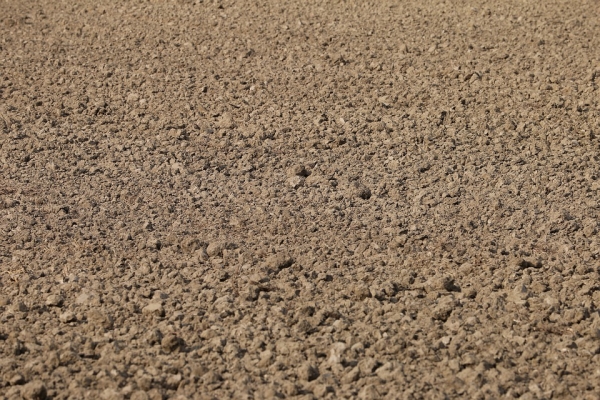Scientists have long known that no-till farming reduces erosion and lessens water and nutrient runoff from crop fields, but now a new study by a team of Penn State researchers suggests that limiting soil disturbance may also diminish releases of nitrous oxide.
A greenhouse gas that contributes to climate change, nitrous oxide is 300 times more potent than carbon dioxide. To learn how no-till affects soil microbes that both produce and break down nitrous oxide, the researchers focused their study on a 40-year tillage experiment that has been maintained at Penn State’s Russell E. Larson Agricultural Research Center.
“We aimed to see whether the level of tillage in the long-term experiment affected the soil microbes responsible for net nitrous oxide emissions,” said team leader and study co-author Mary Ann Bruns, professor of soil microbiology and biogeochemistry in the College of Agricultural Sciences. “This is a particularly challenging objective because many diverse bacteria produce nitrous oxide, yet many others can convert it to an inert nitrogen gas that does not contribute to the greenhouse effect.”
The study, led by Mara Cloutier, a doctoral degree student in soil science and biogeochemistry when the research was conducted, collected and evaluated soil samples taken from plots that have been managed as no-till, chisel-disked or moldboard-plowed — three tillage practices that represent low-, intermediate- and high-intensity levels of physical disturbance, respectively — for four decades.
Read more at Penn State
Photo Credit: GoranH via Pixabay


